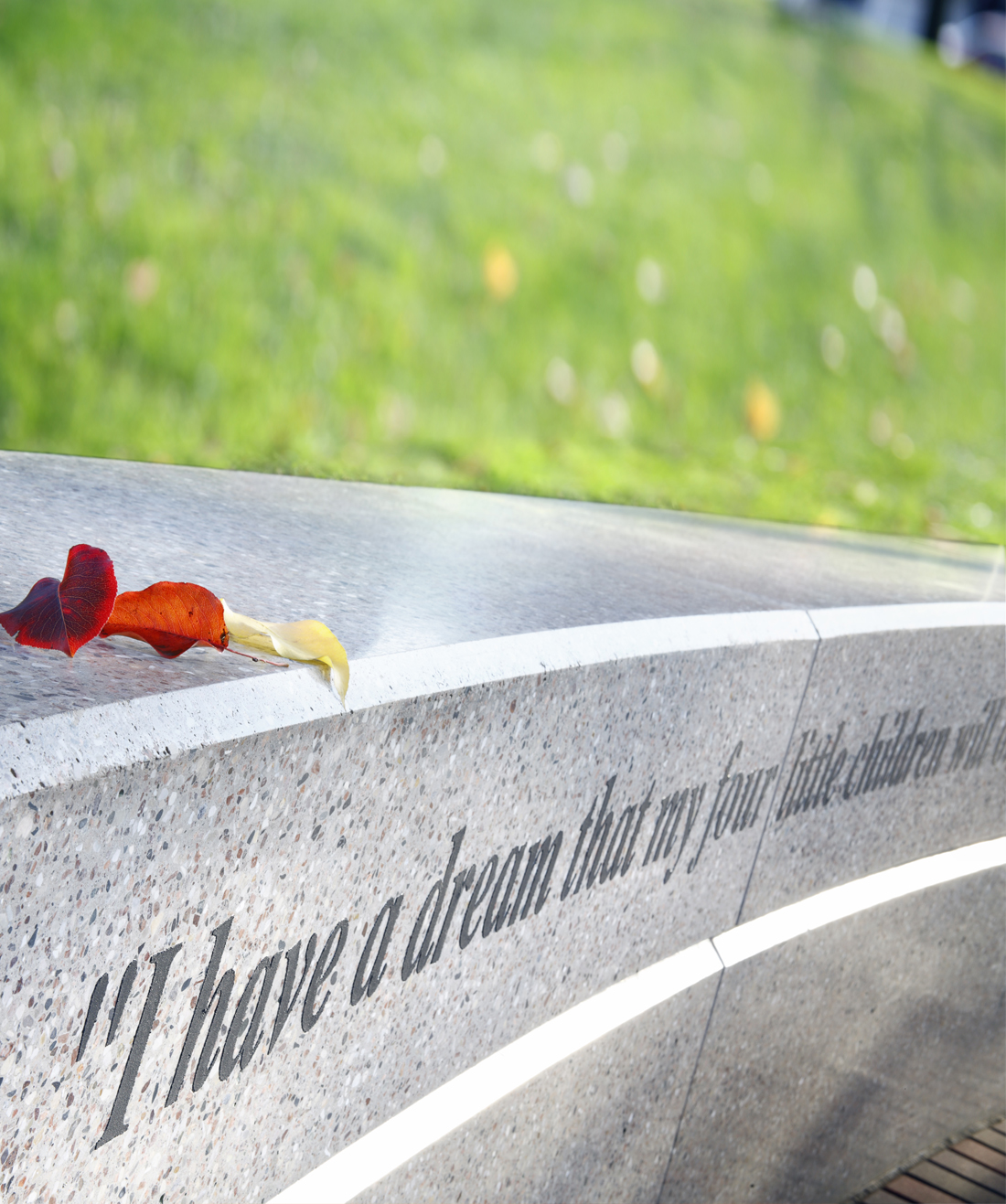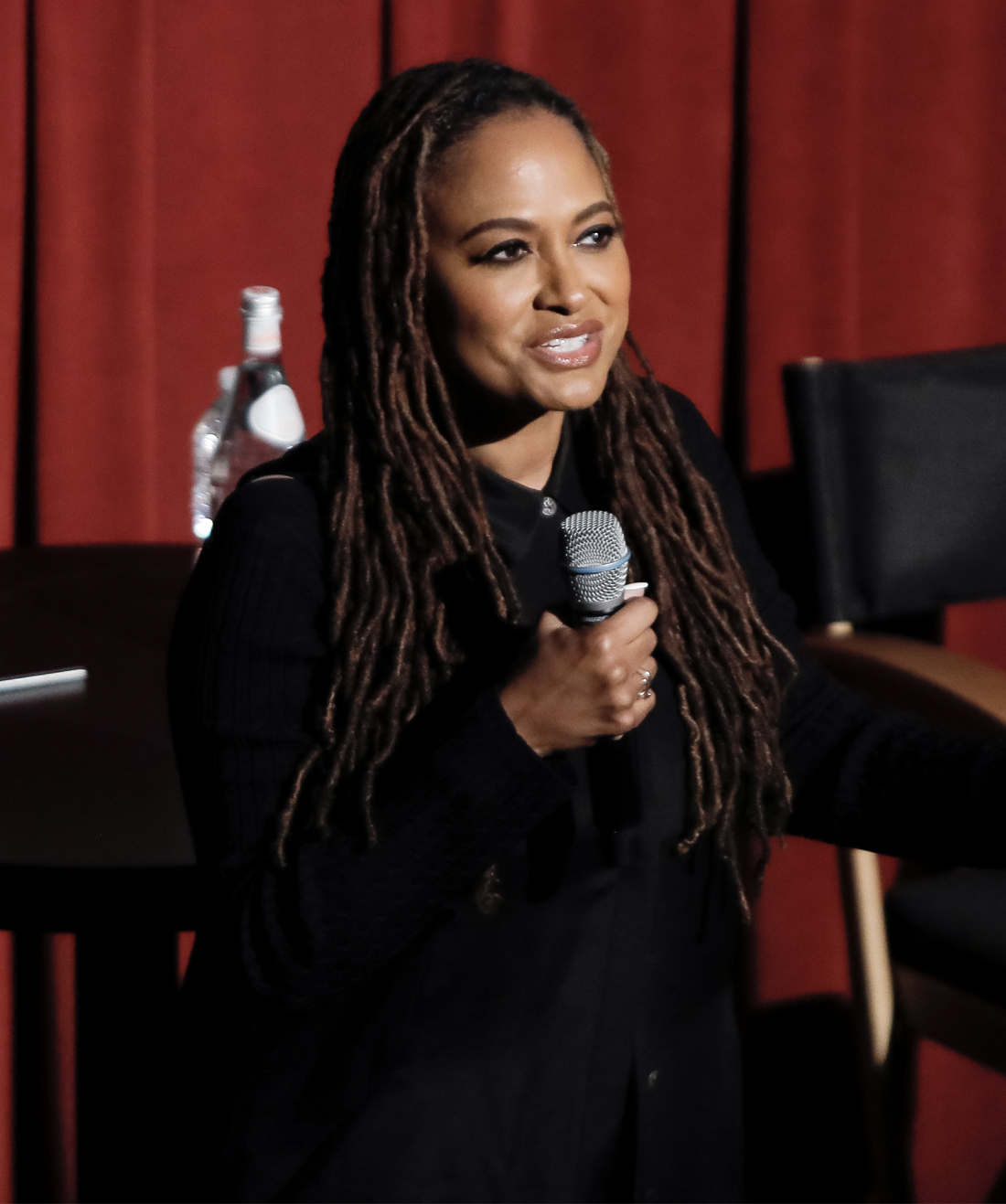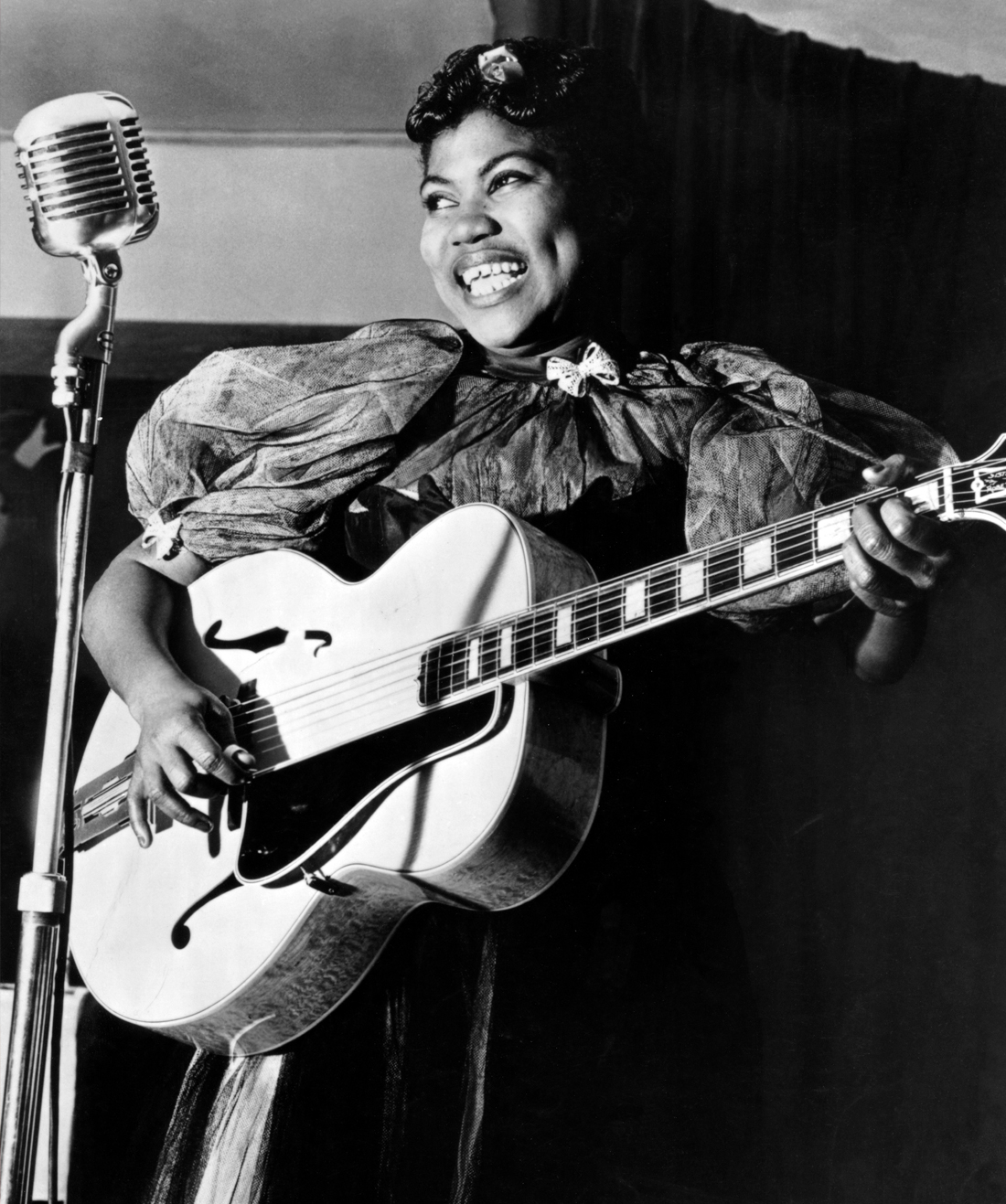
In this article
Journalist and historian Carter G. Woodson initiated “Negro History Week” in 1926 to focus on Black culture and history education that was lacking in schoools. Black History Month is now celebrated every February to highlight the Black Americans who have contributed to American history in a number of ways.
We’ve come up with a unique list of ways you can respectfully celebrate Black History Month to pay homage to those who came before us. Keep reading to see how you can honor Black History Month in February and beyond.
How to celebrate Black History Month the right way

In a recent exchange on Facebook, educator Erica Alcox directed a message to the Charleston County Public Library in South Carolina calling out a shortsighted initiative that was designed to educate the public on Geechee Gullah experience in the Lowcountry. A year ago, when the library began the dial-a-storyteller program, it was simply recordings of librarians reading books from the shelves.
The very culture of the Gullah Geechee people — descendants of enslaved West Africans brought to the lower Atlantic to work on indigo, cotton, and rice plantations — is centered in storytelling, and to include anyone in this initiative other than these descendants was wrong.
“It is not well received to hear somebody not of Gullah Geechee descent try to speak on something that is not theirs. While it may be convenient, it is disrespectful as our story has always been interrupted, contaminated, and, in parts, deleted,” Alcox wrote on her Geechie Gurl Facebook page. “It is a strong recommendation to remove the current storyteller from under the label of being Gullah Geechee storytime, and have it be categorized as a general recollection of life in the Lowcountry. Their story is worthy of being heard under a more fitting genre.”
The Charleston County Library system listened to the community and updated the dial-a-story program to include storytellers from the Gullah community. The moral of the story; when Black history isn’t being done right, it’s imperative that we speak up and call attention to the problem.
Black history is American history

In states like Florida and Texas, where legislators are working to erase Black history offerings from the education system, it’s more important than ever to support educators who are pushing back on these policies.
Black history is American history, and when Carter Woodson put forth the idea of Black History Week, it was with the belief that we one day wouldn’t need a special designation that highlighted contributions of Black Americans; Black history would just fall into the mainstream. But we’re not there yet, so we need to be vigilant and vote out legislators who are on the wrong side of history.
Black History Month activities for the whole family

If you’re looking for Black History Month activities for the whole family to enjoy together, family game night is always a great idea.
Depending on your children’s ages, there are a number of games that highlight Black history on the market, or a quick search on Teachers Pay Teachers, Etsy, or YouTube offer a variety of options for all ages. Remember though, don’t just host a Black history game night in February — incorporate these games into your family nights throughout the year.
Add books by Black authors to your bookshelves

Reading aloud to your children and filling your home library with a variety of diverse books sets your children up for success. In fact, research indicates that the more books in a family’s home library, the higher proficiency in literacy, numeracy, and information technology. Include a variety of books by Black authors in your home library.
Black History Month activities for toddlers

Celebrate February with coloring pages featuring African American heroes. For kids, coloring pages are fun, and they have brain-developing benefits past their entertainment value. Don’t make them use specific colors or focus on the aesthetics.
Let them freely express themselves, but take time to explain to them the significance of the Black leader on the page. Highlight the contributions they’ve made in history while you color together, using the visual aid to reinforce the lessons of Black History Month.
Black History activities for middle schoolers

Puzzles, word search activities, and logic games can deepen your child’s comprehension, help with vocabulary, and strengthen critical-thinking skills. What better way for middle grade students to learn Black history than through puzzles, games, and word searches?
“Instead of learning about Black history through a school assignment they have to do, it becomes a self-directed project which has such a greater impact on understanding,” Brandi Riley, Black History Spark founder, told Mom.com.
“Reading the stories of creativity, innovation, and excellence demonstrated by the folks who came before us and contributed so much to building our country is inspiring,” the mom of two explained. “And not just for Black kids. For everyone.”
Plan a Black History poetry tea time event

For those not in the homeschooling sphere, poetry tea time allows families a break from the demands of everyday homeschool life. It’s a time to put aside the textbooks and quizzes, leave the laundry for later, and enjoy poetry and snacks.
Julie Bogart, founder of the Brave Writer lifestyle program used widely in the homeschool community, coined the term for this weekly (or whenever you have the time and energy for it) ritual that pairs favorite snacks with poetry. Everyone takes turns reading a poem while enjoying time together.
You don’t have to be a homeschooling family to incorporate this activity into your routine, and Black History Month is a great time to start. There are countless resources from Black poets and orators to pull from, like these:
- The Hill We Climb by Amanda Gorman
- I Have a Dream by Dr. Martin Luther King Jr.
- Harlem by Langston Hughes
Take a Black history–themed family field trip

The new International African American Museum in Charleston, South Carolina, was an eagerly awaited resource in a community where nearly 40% of Africans forced into North America arrived during the trans-Atlantic slave trade. But if you can’t make it to Charleston, there are a number of museums throughout the country that highlight Black history and the Black experience — both good and bad. Black History Month is the perfect time to visit one in your area or take a family road trip. Here are a few of the museums suggested by the travel website Soul of America:
- National Museum of African American History & Culture
- Birmingham Civil Rights Institute
- Charles Wright Museum of African American History
- Du Sable Museum of African American History
- Muhammad Ali Center
- National Civil Rights Museum
- National Great Blacks in Wax Museum
- National Underground Railroad Freedom Center
- Reginald Lewis Museum of Maryland African American History & Culture
- Mississippi Civil Rights Museum
Post a Black history quote of the day

Profound words can motivate, educate, and transform. The right words in the right context can change perceptions and beliefs, and they can encourage and inspire us when we need them the most. If you spend a lot of time on social media, take time each day to post a relevant Black history quote or a quote that encompasses the Black experience.
You can even customize your quote by adding a catchy image with Canva to make followers more apt to comment and share the message.
Note: Do your research and confirm that the quote you are posting is accurate; there are many instances of quotes being incorrectly attributed to Dr. Martin Luther King Jr. and others.
Host a Black History Month movie night

Black History Month is here and it’s time to get the popcorn going. February is a great month to host a Black History Month movie night with friends and family, The Black history movie choices are many, but here are a few films to get you started:
- A Wrinkle in Time, directed by Ava DuVernay (pictured above)
- Black Panther and Wakanda Forever, for finally showcasing diversity in superhero movies
- Miss Juneteenth, a heartwarming story highlighting an important new pageant
Explore Black history through food

Note the difference between cooking soul food, and not just eating it. Much of what is considered soul food, including collard greens, cornbread, and pork chops, is also considered Southern food. The difference between Southern and soul seems slim to none on paper. However, the history attached to authentic soul food stems from ingredients available to enslaved Africans, which is why cooking it is such a part of the experience.
A great place to start is with Michael W. Twitty’s newest book, KosherSoul: The Faith and Food Journey of an African-American Jew, that is part memoir and history lesson, and part cookbook.
“I define myself in the terms of being African American, being Black, being gay, being Jewish, being a Southerner,” Twitty told Boston Public Radio. “And, you know, I come from strong people. You know, I’m nothing that my ancestors weren’t. And that survivor instinct is what goes into all my identity.”
Study the African diaspora

The African diaspora is the scattering of African descendants around the world due mostly to the transatlantic slave trade. As Americans, naturally we’re more knowledgeable of African American history.
This Black History Month, study other black cultures, especially those in the Caribbean. Find out how other cultures connect so directly with your own, and strengthen your family’s understanding of cultural differences.
Explore musical history

Usually, the music that parents listen to become the soundtrack to the lives of their children. Of course, music preferences change and evolve over time, but Black History Month is a good time to expose your family to a wide range of artists that have influenced the music we listen to today.
Take some time this month to watch YouTube videos highlighting the Black artists who shaped our musical history:
- Sister Rosetta Tharpe
- Bessie Smith
- Ella Fitzgerald
- Cab Calloway
- Billie Holliday
- The Shirelles
Support Black-owned businesses in your community

Did you know that much of the reason the civil rights movement — especially the Montgomery, Alabama, bus boycott — was so successful was because of Black-owned businesses?
When the bus was no longer an option, Black cab drivers lowered their prices. African American retail owners volunteered their stores as carpool hubs, too. This empowered the civil rights movement and still cements the Black community today. Pay homage to these legends by shopping Black for Black History Month. Online shopping counts, too!
Contribute to Black nonprofits

There’s no shortage of African American charities that you can give to, but which one should you choose? When in doubt, go for the cause the speaks most to you.
For instance, if you’re a techie, donate to Black Girls Code, which encourages more Black women to join the tech industry. Pay homage by paying it forward this Black History Month.
Research your family history

Geneaology is not only a fun hobby, but it’s a way to discover your identity, uncover your family history, and expand on current knowledge you may have about your roots. Unfortunately, most African Americans can only go back so far because identifying information was not included in census reports, as enslaved Africans were considered property through the Civil War.
For example, I’m easily able to trace my ancestors on my white mother’s side back to 1596, when my ancestor Matoaka (yes, Pocahontas) was born. But when I research ancestors on my Black father’s side, I hit a wall somewhere around 1856. Geneaology for Black Americans is a long and expensive process.
If this sounds familiar, there are resources that can help. Or, if you’re able, donate time or resources to help a friend or family member trace their own Black history.





